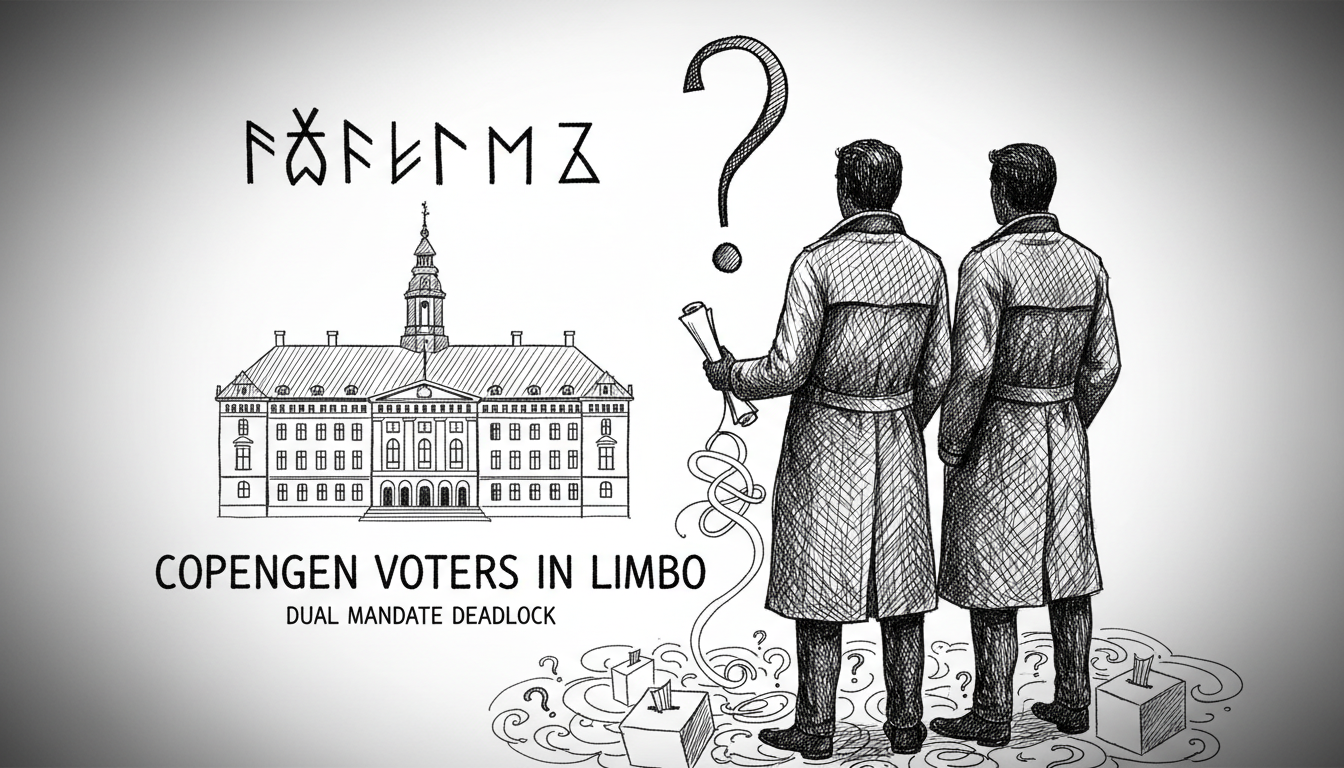Over 2,000 Copenhagen residents personally voted for two Social Democratic politicians in the municipal election, but both winners now refuse to disclose whether they will accept their seats. The political standoff has left voters waiting for answers days after the election concluded.
Mette Reissmann received 1,170 personal votes, making her the fourth most popular Social Democrat candidate in Copenhagen. Yildiz Akdogan gathered 959 personal votes despite already holding parliamentary positions. Both women face a critical choice between their existing Folketing seats and their newly won positions on Copenhagen's City Council.
Danish political rules prohibit double mandates, meaning politicians cannot simultaneously serve in parliament and municipal government. This creates an immediate conflict for elected officials who win both positions. The Social Democratic party bylaws specifically forbid such dual roles, though exceptions can be granted through special dispensation.
Journalists attempting to contact both politicians met with consistent evasion. Reissmann walked past reporters with her phone to her ear when questioned about her intentions. Akdogan briefly answered a phone call only to state 'I have no comments, I'm heading out the door' before hanging up abruptly.
The silence speaks volumes about the political calculation underway. Both politicians actively campaigned for personal votes despite knowing the mandate conflict existed. Reissmann previously told media she would prefer to hold both positions but would make a decision if forced. That decision remains undisclosed to the public who voted for her.
Behind the scenes, party officials remain equally tight-lipped. The Social Democratic party secretary confirmed the main board would soon rule on these specific cases but offered no further comment. This suggests internal party discussions are ongoing about whether to grant special permission for dual mandates.
The situation creates practical consequences for Copenhagen's political landscape. Local politician Niels Bjerrum, who serves as first substitute, wrote on social media that he expects to join the City Council after the new year. His statement implies he believes at least one of the elected politicians will decline their municipal seat.
Public reaction shows growing frustration with the political maneuvering. Social media comments criticize the Social Democrats for fielding candidates who might not accept the positions voters granted them. This highlights a democratic tension between voter choice and party rules.
Prime Minister Mette Frederiksen defended the practice before the election, stating voters understand the rules and can choose accordingly. Her comments suggest the party sees no ethical problem with this electoral strategy, even as it leaves thousands of voters uncertain about their representation.
The standoff reflects broader questions about political accountability in Nordic systems. When elected officials avoid clear communication about their intentions, it undermines voter trust. The situation also tests party discipline versus individual political ambition in Denmark's consensus-oriented political culture.
What happens next depends on both individual decisions and party leadership. The Social Democratic board must balance party rules against voter mandates. Their ruling will set important precedents for how similar cases are handled in future Danish elections.
Copenhagen voters now wait for answers they deserve after participating in the democratic process. The prolonged silence from their elected representatives creates unnecessary uncertainty about the city's political direction. This case demonstrates how technical party rules can sometimes conflict with clear democratic accountability.

